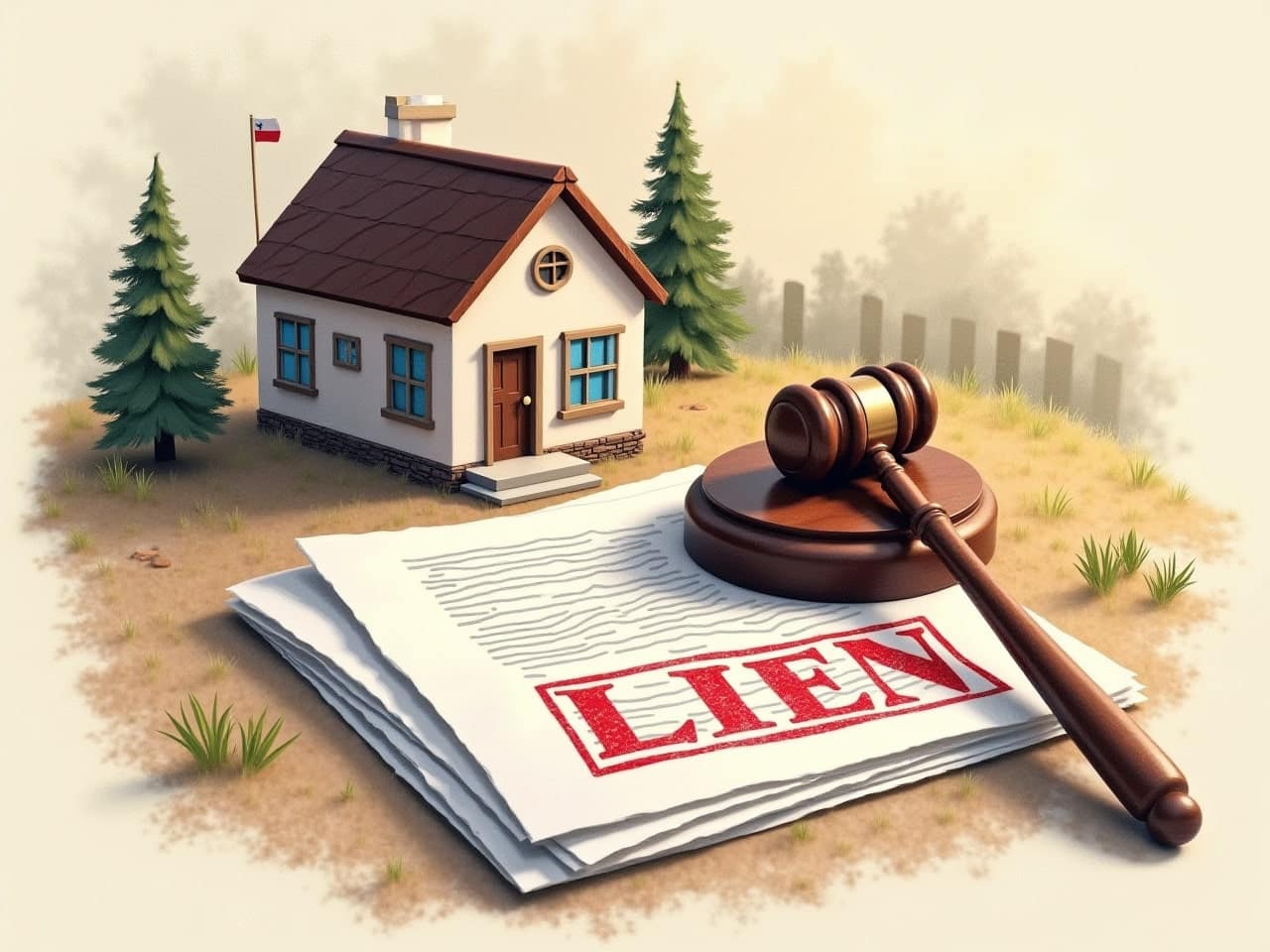Here’s the question everybody has: if someone doesn’t pay you, can you file a lien on the property for money owed? The answer is “Yes” if you meet specific requirements and file the right documents correctly and on time. Don’t worry—we’ll walk you through the process.
Are you a general contractor, a subcontractor, or a construction material supplier? Do you do carpentry, electrical, plumbing, roofing, or installing flooring? These are just a few building trades that can use a powerful tool, the mechanics lien. You can read all the details in this helpful guide.
The mechanics lien affidavit also called a construction lien, is one of the most useful tools a contractor or subcontractor can use to collect payment. Why? A mechanics lien becomes a public record when it is filed with the county property records office. It tells potential purchasers that someone claims a debt is owed for labor, materials, or equipment used on the property named in the lien affidavit.
Lenders typically will not offer loan money on a property that has a mechanics lien filed against it. So naturally, this motivates the owner to make sure you get paid.
What do I need to file a lien on a property?
You need specific information about the job. If you always get this information before starting a job, the lien filing process will be much easier if you need to file a lien on a property to pursue payment later.
On the other hand, if you don’t have it handy, you should be able to get all the information you’ll need to file a lien.
- Project owner’s name or the company’s name, and their last known mailing address.
- Project name and address, including the county name.
- A legal description of the property (not always needed, but helpful if available).
- What is the amount owed for each month you performed the work?
- Describe the work itself. It’s okay if it’s general.
- The original contractor’s, this is the general contractor’s, name and last known mailing address—if you are a subcontractor or sub-subcontractor.
Sub-subcontractors will also need the names and mailing addresses of every subcontractor involved above them on the project. You need this information to file both the pre-lien notice (s) and the mechanics lien affidavit.
Still not getting paid after filing a lien on the property for money owed?
What if you filed a mechanics lien and the client still hasn’t paid? The next step is enforcing a construction lien. Since this involves a lawsuit and the Texas court system property owners are likely to settle the debt rather than face a lawsuit.
However, keep in mind that there is a statute of limitations to enforce a mechanics lien which is either no later than one year after the last day the lien could have been filed or within one year after the completion, termination, or abandonment of the work under the original contract. Whichever is later. This applies to both residential and commercial projects.
The State of Texas statutes are on your side – and so is Texas Easy Lien. We provide online access to official lien filing documents that efficiently and inexpensively automate the process so you can safely file a lien from your own home or office. So, if you are worried about collecting payment on your next commercial construction job, click here to get started protecting your payment rights by filing a lien on property for money owed.


